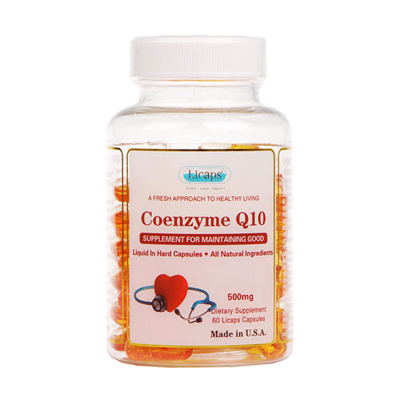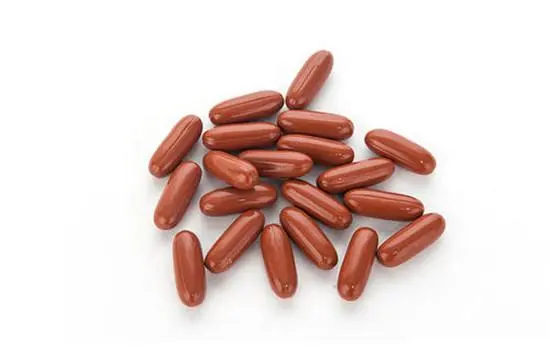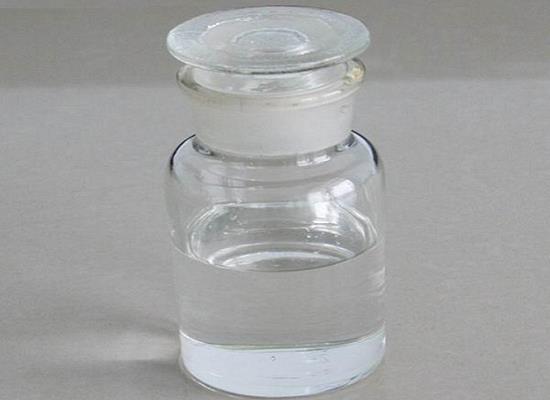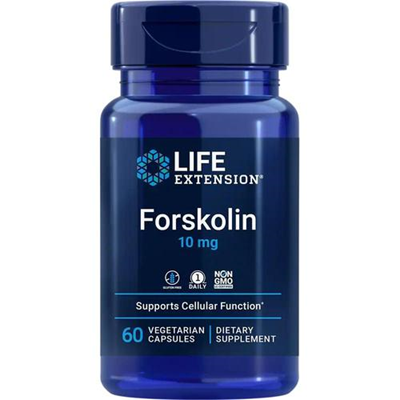Coenzyme Q10 deficiency is associated with those diseases?
Introduction of Coenzyme Q10
Coenzyme Q10 (or Ubidecarenone) is a vitamin-like substance synthesised in most tissues of the body and is an over-the-counter, low-toxicity nutritional supplement. It is also a fat-soluble molecule with strong antioxidant properties that acts as an electron carrier in mitochondria and is a coenzyme for mitochondrial enzymes. It plays a key role in cellular energy supply through oxidative phosphorylation in the mitochondria. Coenzyme Q10 can also be ingested through the diet. Coenzyme Q10 deficiency may be associated with a variety of diseases, including heart failure, Parkinson's disease, Alzheimer's disease, amyotrophic lateral sclerosis, and stroke.

Coenzyme Q10 and heart failure
The severity of heart failure correlates with the severity of coenzyme Q10 deficiency. Emerging data suggest that patients with heart failure have increased deleterious peroxidative defects in reactive oxygen species and that coenzyme Q10 may contribute to antioxidant activity that reduces these toxicities. Coenzyme Q10 may also play a role in stabilising myocardial calcium-dependent ion channels and preventing depletion of metabolites essential for adenosine-5'-triphosphate (ATP) synthesis. Coenzyme Q10, although not the primary recommended treatment, may be beneficial in patients with heart failure.
Coenzyme Q10 and Alzheimer's disease (AD)
AD is a progressive neurodegenerative disease characterized by initial memory impairment and cognitive decline. Oxidative stress is considered to be an important factor in the pathogenesis of the disease, and given the powerful antioxidant capacity of CoQ10, endogenous CoQ10 status has been evaluated in AD patients. However, there is no evidence to date that this iso-alkene is not present in sufficient quantities in the circulatory system. However, the study suggests that serum CoQ10 levels may be a predictor rather than a biomarker of dementia. In vitro studies using human venous endothelial cells (HVEC) have shown that CoQ10 In vitro studies conducted by HVEC have shown that coQ10 supplementation has the potential to treat or prevent the harmful effects of amyloid beta deposition in the early asymptomatic stage, thereby delaying the progression of dementia.
In a rat model of AD, injection of amyloid beta was found to significantly increase serum malondialdehyde (the end product of lipid peroxidation) and total oxidant levels. Supplementation of coQ10 can significantly reverse these effects and increase serum total antioxidant capacity.
Coenzyme Q10 and Parkinson's disease(PD)
In a phase II clinical trial conducted by Schults et al, oral CoQ10 supplementation was found to reduce the functional decline of patients with early-stage PD. However, UPDRS scores of PD patients treated with 1200 mg/d CoQ10 were not significantly lower than those of the 300 and 600 mg/d CoQ10 treatment groups, suggesting that there may be a dose threshold for gastrointestinal absorption (GI) of CoQ10 into the circulatory system. However, recent studies have shown that even high doses of CoQ10 do not seem to improve symptoms in patients with Parkinson's disease.
References:
[1] DAVID MANTLE; Iain P H; Robert A Heaton. Coenzyme Q10, Ageing and the Nervous System: An Overview.[J]. Antioxidants, 2021. DOI:10.3390/antiox11010002.
[2] BARLETTAMARIA ANGELA. Coenzyme Q10 + alpha lipoic acid for chronic COVID syndrome.[J]. Clinical and Experimental Medicine, 2023, 23 3: 667-678. DOI:10.1007/s10238-022-00871-8.
[3] AL SAADITAREQ. Coenzyme Q10 for heart failure.[J]. Cochrane Database of Systematic Reviews, 2021, (2): CD008684. DOI:10.1002/14651858.CD008684.pub3.
You may like
Related articles And Qustion
See also
Lastest Price from Coenzyme Q10 manufacturers

US $200.00/kg2025-12-16
- CAS:
- 303-98-0
- Min. Order:
- 1kg
- Purity:
- 99%
- Supply Ability:
- 20tons

US $0.00-0.00/KG2025-12-02
- CAS:
- 303-98-0
- Min. Order:
- 1KG
- Purity:
- 98
- Supply Ability:
- 10000KGS





